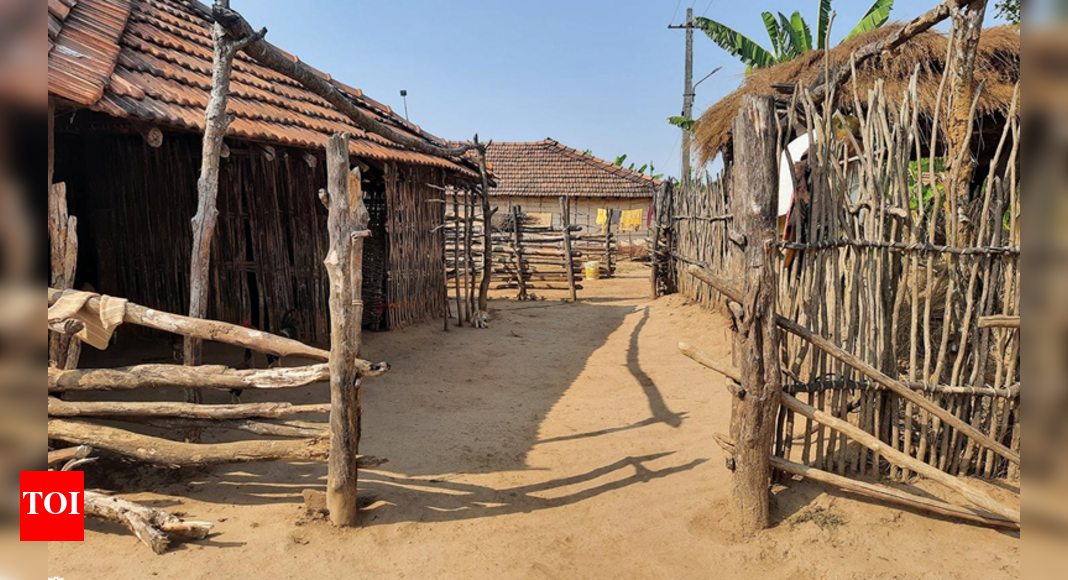Now Reading: Karnataka Plans Relocation to Shield Endangered Bats in Talewadi
-
01
Karnataka Plans Relocation to Shield Endangered Bats in Talewadi
Karnataka Plans Relocation to Shield Endangered Bats in Talewadi

Speedy Summary
- Karnataka is relocating 27 families from Talewadi village to Khanapur as part of wildlife conservation efforts.
- The relocation aims to protect Wroughton’s free-tailed bats,critically endangered and endemic species found exclusively in Barapeda caves at Talewadi.
- Talewadi lies in the core area of Bhimgad wildlife sanctuary, bordering mhadei wildlife sanctuary in Goa.
- There are 13 villages in Bhimgad sanctuary; eight are within the core protected area.
- Residents of six villages have voluntarily agreed to relocate outside protected forests but stay within Khanapur taluka.
- Relocating families where given Rs 10 lakh each initially, with an additional Rs 5 lakh promised post-relocation under the Compensatory Afforestation Fund Management and Planning Authority program.
- The sanctuary habitat also contains tigers,leopards,gaurs,sloth bears,sambars,barking deer,and king cobras alongside endemic bats.
- Vithal Halagekar (MLA) urged the government to ensure adequate support for relocated villagers who primarily rely on agriculture and pastoral activities for livelihood.
- Minister Ishwar Khandre recently distributed cheques as part of the government’s relocation package.
Indian Opinion Analysis
The decision by Karnataka to relocate residents from Talewadi highlights a commitment toward both ecological preservation and addressing human-wildlife conflicts. Protecting Wroughton’s free-tailed bats-a globally unique species-holds scientific importance while contributing to biodiversity conservation. The involvement of local communities through voluntary agreements suggests transparency in negotiation processes.
However, ensuring successful resettlement requires carefully planned measures that address long-term issues like livelihoods and infrastructure growth beyond monetary compensation. Villagers’ dependence on agriculture may need special attention through skill adaptation programs or alternate income opportunities.This initiative could set a precedent for lasting co-existence if relocations are executed thoughtfully while prioritizing both ecological integrity and community welfare.
























